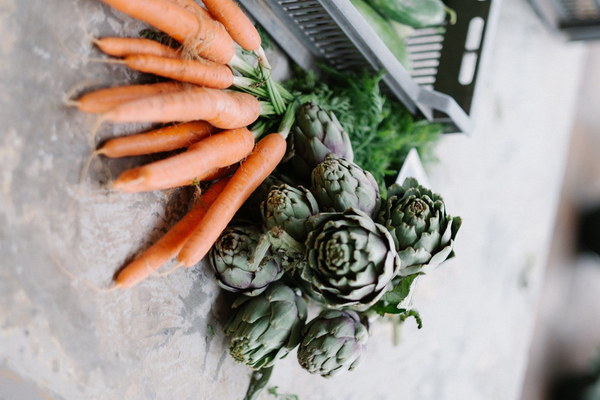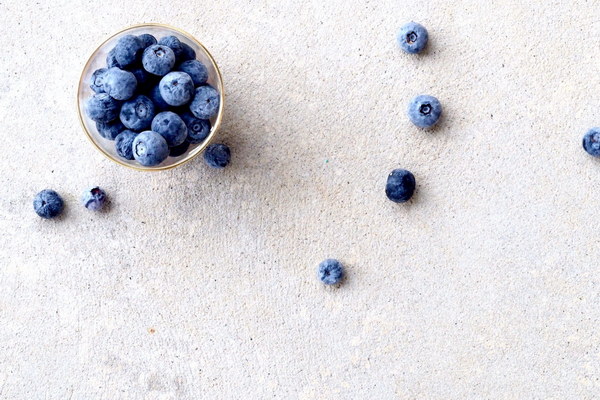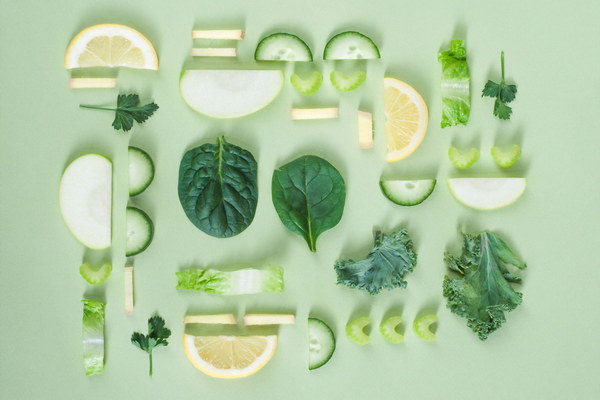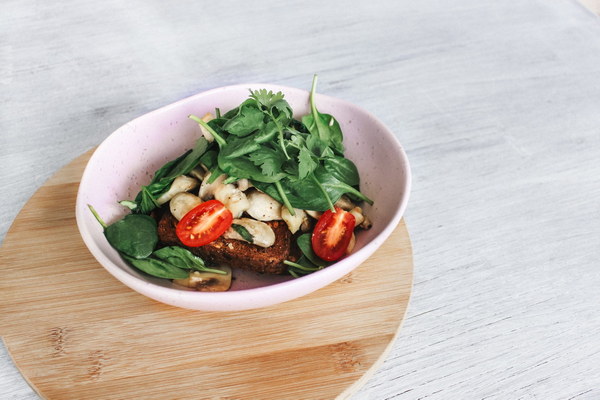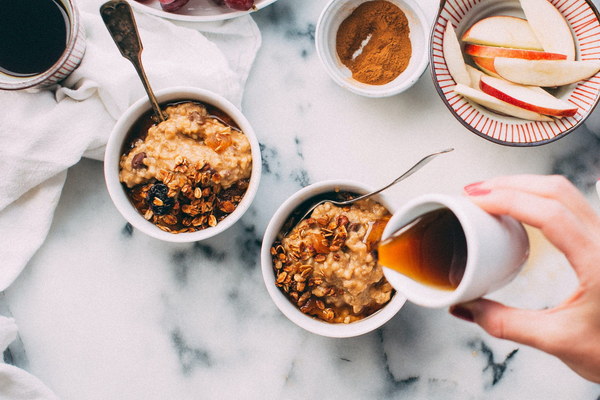Harmonizing the Spleen and Stomach A Traditional Chinese Medicine Approach with Foods from the Treatise on Cold Damage
In the realm of Traditional Chinese Medicine (TCM), the concept of balancing the body's internal systems is fundamental. One such system is the harmony of the spleen and stomach, which plays a crucial role in maintaining overall health. The Treatise on Cold Damage, a classic text in TCM, offers insights into how certain foods can aid in nurturing and strengthening the spleen and stomach. This article explores the wisdom of the Treatise on Cold Damage, highlighting specific foods that can promote digestive wellness and overall vitality.
The spleen and stomach, often referred to as the central furnace in TCM, are responsible for transforming and transporting nutrients derived from the food we consume. When these organs are functioning optimally, the body receives the necessary energy to thrive. Conversely, imbalances in the spleen and stomach can lead to a variety of health issues, including digestive disorders, weakness, and fatigue.
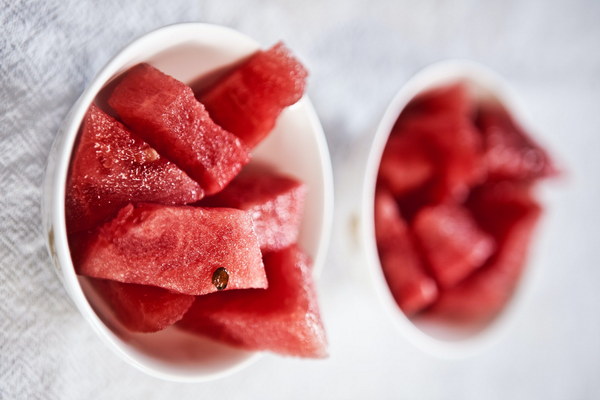
The Treatise on Cold Damage, attributed to the renowned physician Zhang Zhongjing, provides a comprehensive guide to the diagnosis and treatment of diseases caused by external pathogens, such as cold and dampness. Within this text, several foods are recommended for their ability to nourish and support the spleen and stomach. Here are some of the key foods from the Treatise on Cold Damage that can contribute to a healthier digestive system:
1. Rice: As the staple food in many Asian cultures, rice is considered a spleen-nourishing food. Its mild, neutral nature makes it an ideal option for those with spleen and stomach issues. Brown rice, in particular, is rich in fiber, which helps to improve digestion and prevent constipation.
2. Millet: A nutritious grain with a sweet taste, millet is highly regarded for its ability to strengthen the spleen and stomach. It is particularly beneficial for those with weak digestion or chronic diarrhea.
3. Corn: Corn is another excellent spleen and stomach tonifier. It is rich in vitamins, minerals, and antioxidants, which can help to boost the immune system and improve overall health.
4. Peaches: These fruits are known for their ability to moisten the lungs and clear heat, which can be helpful for those with dryness or heat-related conditions affecting the spleen and stomach.
5. Boiled Eggs: Eggs are a valuable source of protein, which is essential for building and repairing tissues. Boiled eggs are particularly beneficial for the spleen and stomach, as they are easier to digest than fried or scrambled eggs.
6. Pork: Pork, particularly pork belly, is considered a spleen-nourishing meat. It is rich in vitamins and minerals that support the digestive system and provide energy.
7. Ginger: A staple in many Asian cuisines, ginger is renowned for its ability to aid digestion. It can be consumed fresh, as a tea, or added to various dishes to help stimulate the digestive process.
8. Mung Beans: These legumes are known for their cooling properties, making them suitable for those with heat-related digestive issues. Mung beans are also high in fiber and can help to relieve constipation.
Incorporating these foods into your diet can help to support the health of your spleen and stomach, according to the principles outlined in the Treatise on Cold Damage. However, it is important to note that individual dietary needs may vary, and it is always advisable to consult with a qualified TCM practitioner before making significant changes to your diet.
By focusing on the nourishing properties of these foods, you can not only improve your digestive health but also enhance your overall well-being. The Treatise on Cold Damage serves as a timeless guide to the wisdom of TCM, reminding us of the power of food as medicine and the importance of balancing the body's internal systems for optimal health.
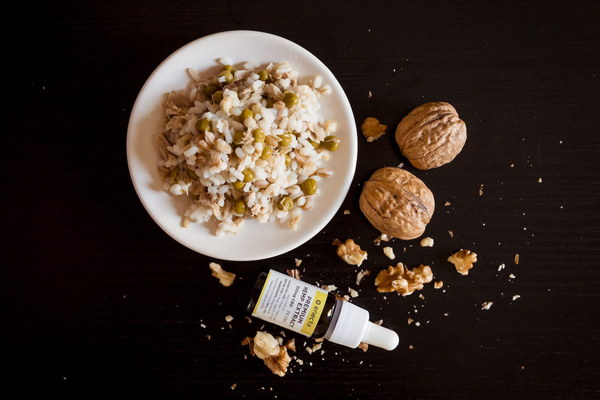
![Discover the Beauty of Foshan Explore Skincare and Beauty Services at [Address] - Contact Us Now!](http://img.bluepurple.cn/a/养生/117/Discover-the-Beauty-of-Foshan-Explore-Skincare-and-Beauty-Services-at-Address-Contact-Us-Now.jpg)

